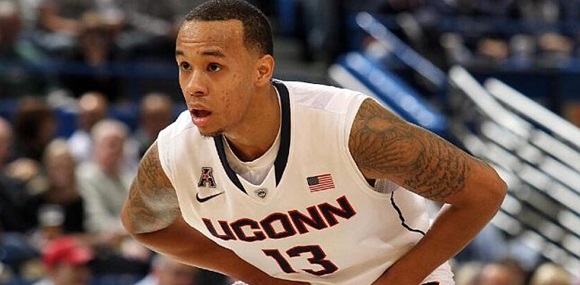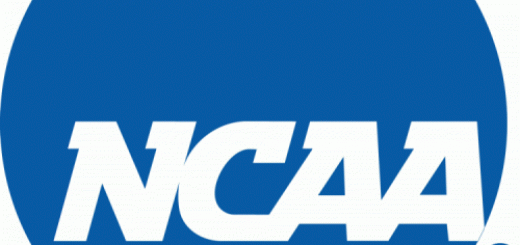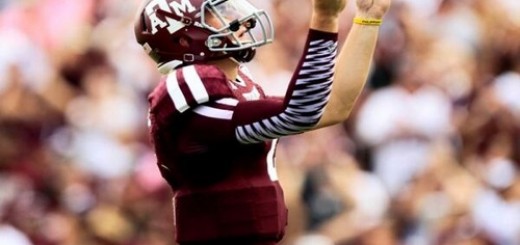Tweet
Among a number of new proposals adopted on Tuesday, the NCAA has approved unlimited snacks and meals as a benefit incidental to participation for student-athletes.[1] Many are looking at this new legislation as a panicked response to Shabazz Napier’s speech against the NCAA after the National Championship. The NCAA isn’t sitting up there, sweating (well they are, but not over this), thinking “Oh no, a visible figure in one of our money sports has exposed an unjust chink in our armor!” This change has been long in the making, starting with the infamous fruits, nuts, and bagels interpretation.
In 2008, the ACC proposed a change to the rule that only allowed for unlimited provision of nutritional supplements to student-athletes. The purpose of the ACC’s proposal was to offer some intermediate level of sustenance, more than “nutritional supplements” but still not a full meal. This would not incur significant additional costs for schools, nor would there be a recruiting advantage since a recruit probably wouldn’t choose a school just because they offer a banana after a run. The rule passed, but only allowed for “whole foods.” This new legislation left out spreads, which gave rise to the idea that a bagel could be provided, but it became a meal once you added lox, or cream cheese, or even peanut butter/jelly. This idea was only furthered by the NCAA coming out with an interpretation specifically prohibiting spreads and toppings, in a continued attempt to deregulate what schools could offer by making the rule that much more complicated. This “spread” legislation lasted all of three years, only to be repealed once 1) the NCAA realized it was a senseless rule that was difficult to enforce, and 2) a power conference (the former Big East) started fighting against it. Since then, the rules became that a school could provide up to the maximum institutional meal plan, could provide fruits, nuts, and bagels (negligible snacks) at any time, and occasional meals.[2]
Here we are a few years later, just having heard Shabazz Napier’s impassioned plea for reform since he goes to bed hungry.[3] Most will again assume that in the NCAA’s embattled state, they are just trying to put out the fires as they come up, and made a snap decision to fix what has immediately been brought to light. The truth is that this adopted proposal to provide unlimited meals/snacks was already officially proposed in January. While some proposals may be immediately adopted, and a few are flat out rejected or at least tabled for another time, several go under further review. Most proposals that fall into this category are still very likely to be adopted, and just require some additional thought or maybe a slight rewording. The meals/snacks proposal was one of these, and was in all likelihood going to be passed in some form at the next scheduled meeting, which coincidentally occurred soon after Shabazz called out the NCAA. Multiple proposals, as seen on the previously linked NCAA release, were all under further review, waiting until the next meeting for the legislative council to decide their fate.
This “Unlimited Food” proposal will benefit student-athletes like Shabazz Napier whose needs are apparently not being met, but three other groups are immediate beneficiaries of the new rule as well.
While some full scholarship athletes could be in the same boat as Napier, this proposal greatly benefits walk-on student-athletes. This gives non-scholarship athletes more benefits as part of participation, and allows them to mitigate their costs by providing additional food.
Additionally, this is one of the first steps in the direction of more autonomy for the power conferences, and their schools that are more financially capable to provide for student-athletes. A deregulation on permissible benefits may widen the gap between the “have’s” and “have-not’s;” an Alabama will be able to afford these unlimited meals/snacks for all student-athletes better than a Western Carolina.
Lastly, a deregulation will only go to simplifying the jobs of Compliance staffs. They will no longer have to try to monitor whether a snack falls within fruits, nuts, and bagels legislation, or have to ask a staff member to fill out an occasional meal form any time they want to feed a student-athlete or team.
Everyone knows that deregulation has been coming, and that the power conferences have been pushing for more autonomy to throw around their financial weight and capabilities. To say that this was a panic move by the NCAA to respond to a threat is erroneous. At most, Shabazz Napier’s plea pushed up the timetable by maybe 6 months, and at a minimum the legislative council may have given Napier and his opinion a passing thought on the way to passing a new rule that was already going to be adopted.
[1] Effective August 1, 2014.
[2] “Occasional” is never defined by the NCAA. They generally mention infrequent or special occasions. Individual school or conference policies vary from as few as twice a semester to as many as twice a month.
[3] Ignoring the fact that at least at UConn, student-athletes have access to an all-you-can-eat dining hall from 7 AM to 7 PM. There are other schools where this is more of an issue where the maximum meal plan does not account for 3 meals per day, 7 days per week.



Recent Comments